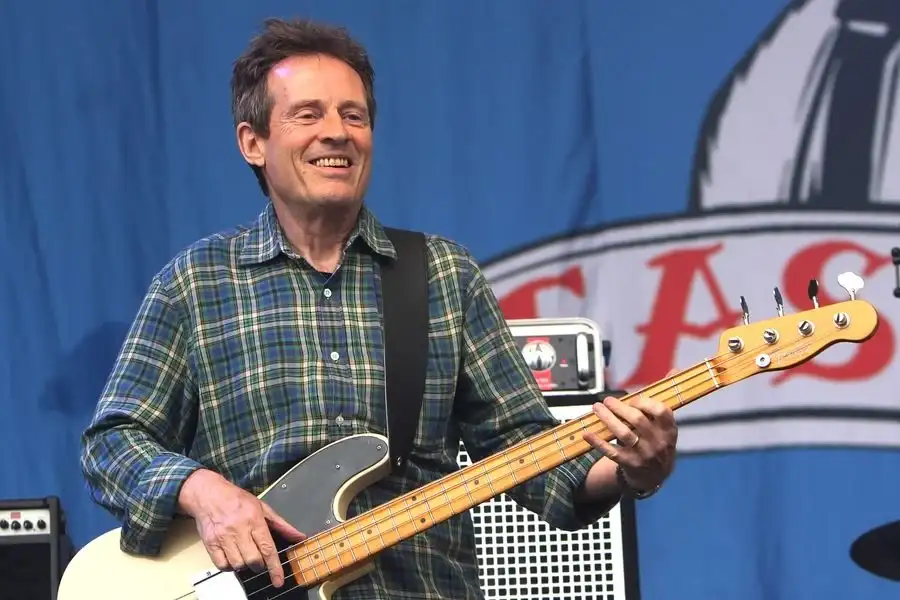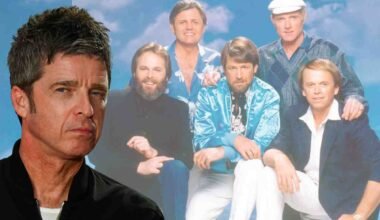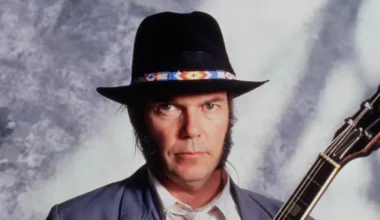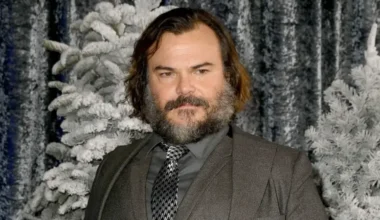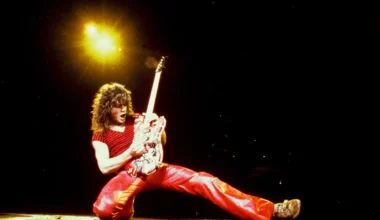John Paul Jones, the multi-instrumentalist and bassist for Led Zeppelin, has always been a bit of a mystery. His quiet demeanor is ironic, as he is among the more reserved artists from a time period renowned for its flamboyant personalities. His musical contributions were so significant. It’s safe to say the band would not have been as successful without them.
Jimmy Page, the lead guitarist for Led Zeppelin, is a highly skilled musician. He’s regarded as one of the greatest guitar heroes of all time. Additionally, he’s a skilled composer and producer. But he was also the band’s main source of inspiration. Naturally, each of the four members added something essential to the sonic leviathan. Nevertheless, John Paul Jones served as a liaison in numerous cases between their fantastical artistic concepts and their realization.
After all, a musical career had thrown Jones headfirst into the mix. His upbringing and formal education in a public school positioned him well to become a renowned session musician and arranger. By the time of the cultural revolution of the 1960s, he had already established himself in the music industry. His parents were both in the business. He worked on records for artists like The Rolling Stones, Nico, Dusty Springfield, and others. He helped bring to life many pre-Led Zeppelin classics. Later, he entered the bright lights of superstardom.
Page wasn’t the first to approach Jones about joining Led Zeppelin as their bassist. When he was putting together his creative Argonauts band, an opportunity presented itself. His wife prodded the modest genius to inquire with his friend from London’s studio scene. Page was ecstatic. His shock stemmed from the idea that someone of Jones’ affluent status would want to work on his project, which speaks volumes about Jones’ reputation even at the time. He approached everything with a cool cerebral demeanor.
The recognition of Jones for shaping some of the most memorable parts of the British band’s history is widespread. These include the bassline from the song “Ramble On” and the changing melody in “Black Dog.” In other places, his keyboard gave standout songs like “The Rain Song,” “Trampled Under Foot,” and the enormous “Kasmir” a new depth. Page also composed “The Battle of Evermore” on his mandolin, a song that Jones would sing during the band’s 1977 US tour. His bow had many strings.
Because Page was so important to Led Zeppelin, Jones understandably felt “pissed off.” He learned through the newspaper that Page and Robert Plant had launched the witty project Page and Plant in 1994 without him. The fact that Plant and he had talked about doing an Unplugged effort right after the news broke infuriated him even more.
In a 2010 Uncut fan Q&A, Jones recalled how it felt to watch Page and Plant go off without him, saying, “Oh yeah, I was pissed off about it.” The surprising aspect was that they didn’t inform him. Although it is now ancient history, learning about it from the papers was a little inconvenient. It happened right after Robert and I had been debating whether or not to undertake an Unplugged project.
“Then, I’m on tour in Germany with Diamanda Galás,” he went on. When I switch on the TV, I see Jimmy and Robert doing it—someone else is portraying all of my roles! I was very irate at the moment. Wouldn’t you think so? But… everything is behind us, isn’t it?
Though the project lasted only four years, Jones can rest easy knowing that even though it’s all in the past. The late Steve Albini produced the 1998 album Walking into Clarksdale, which served as its capstone.

